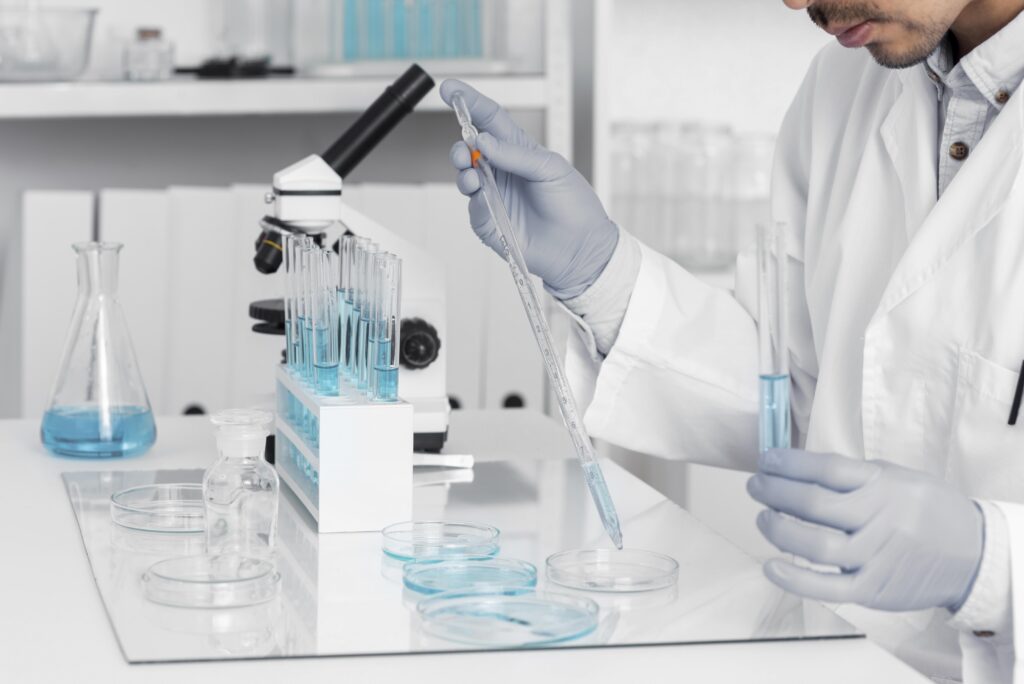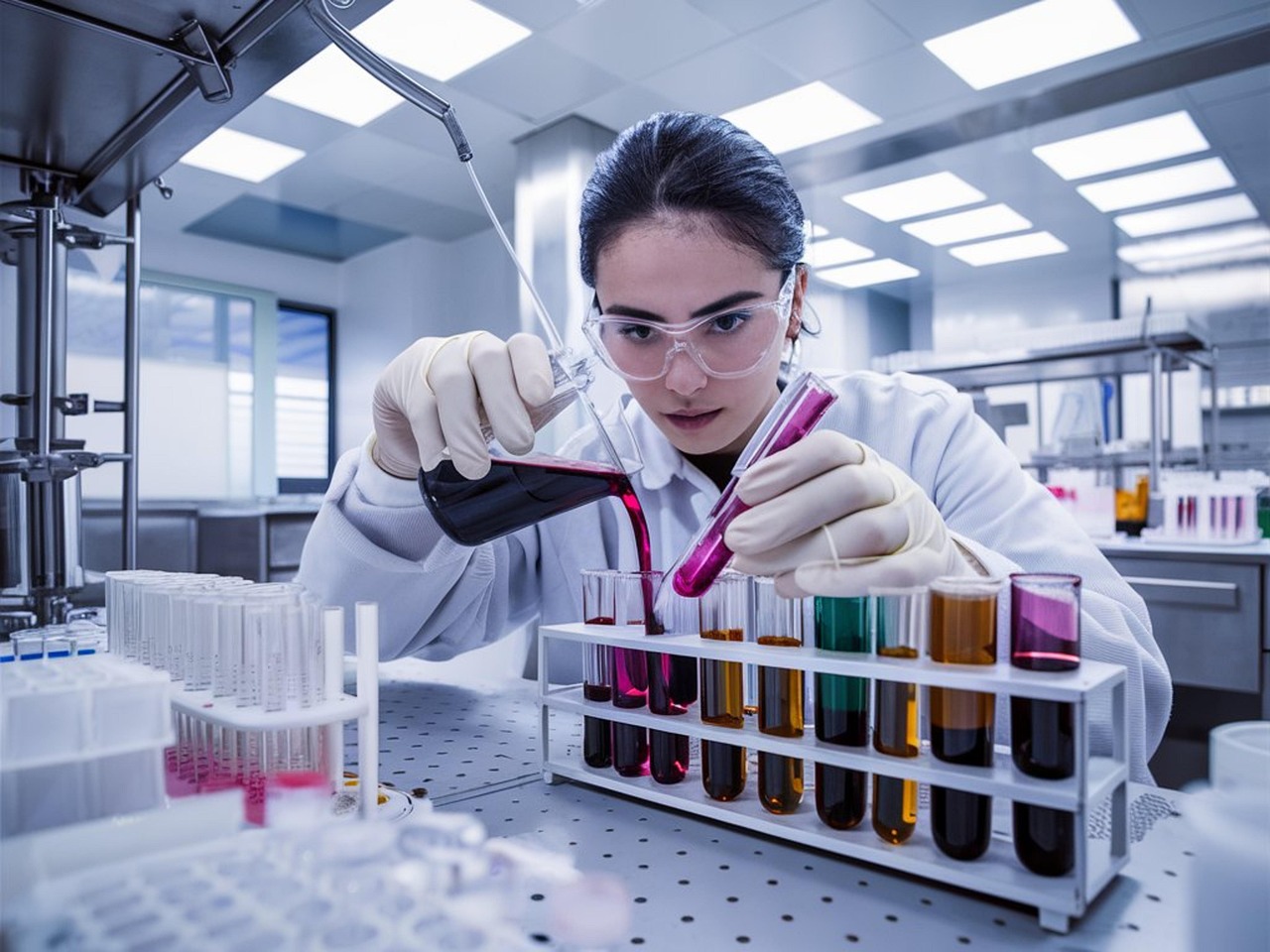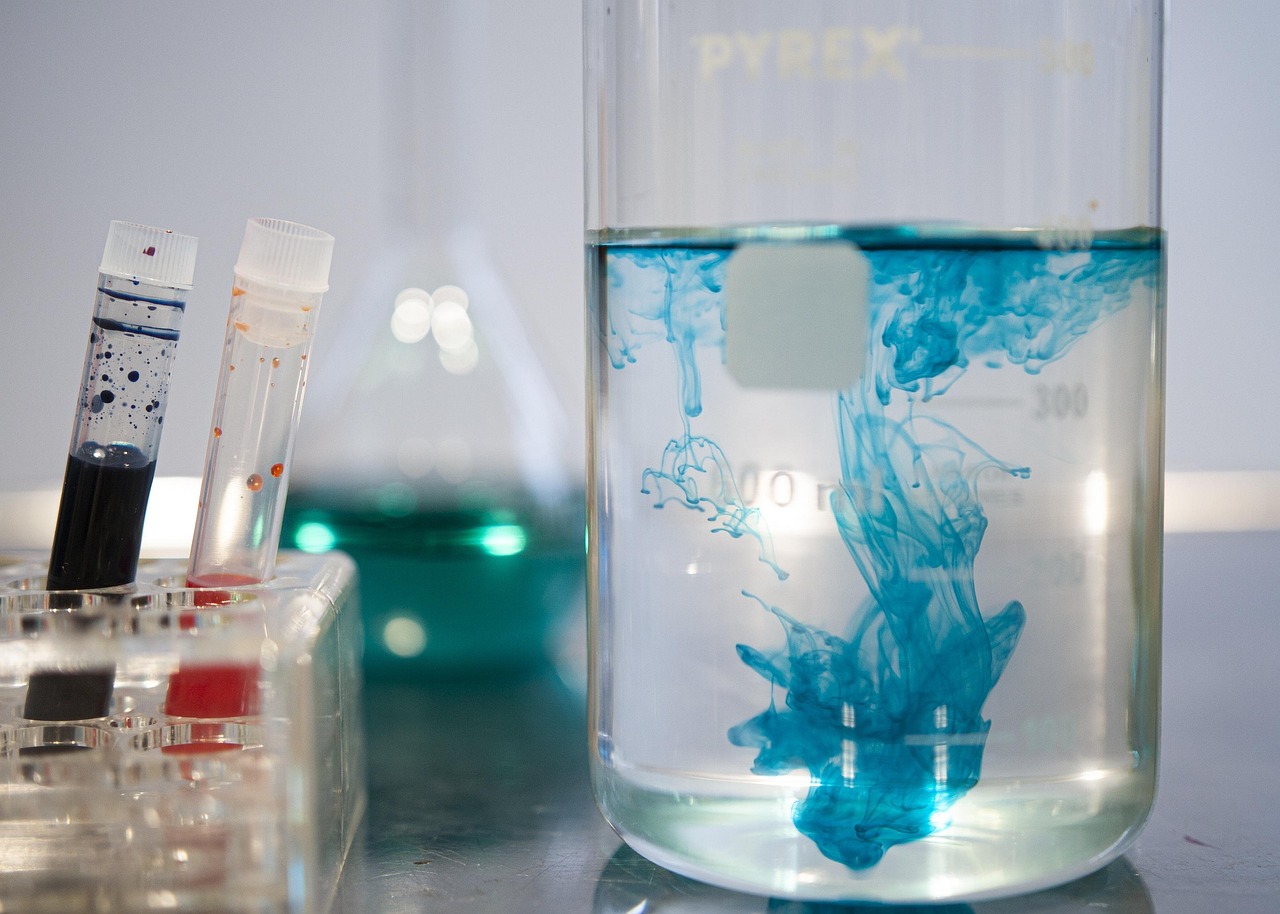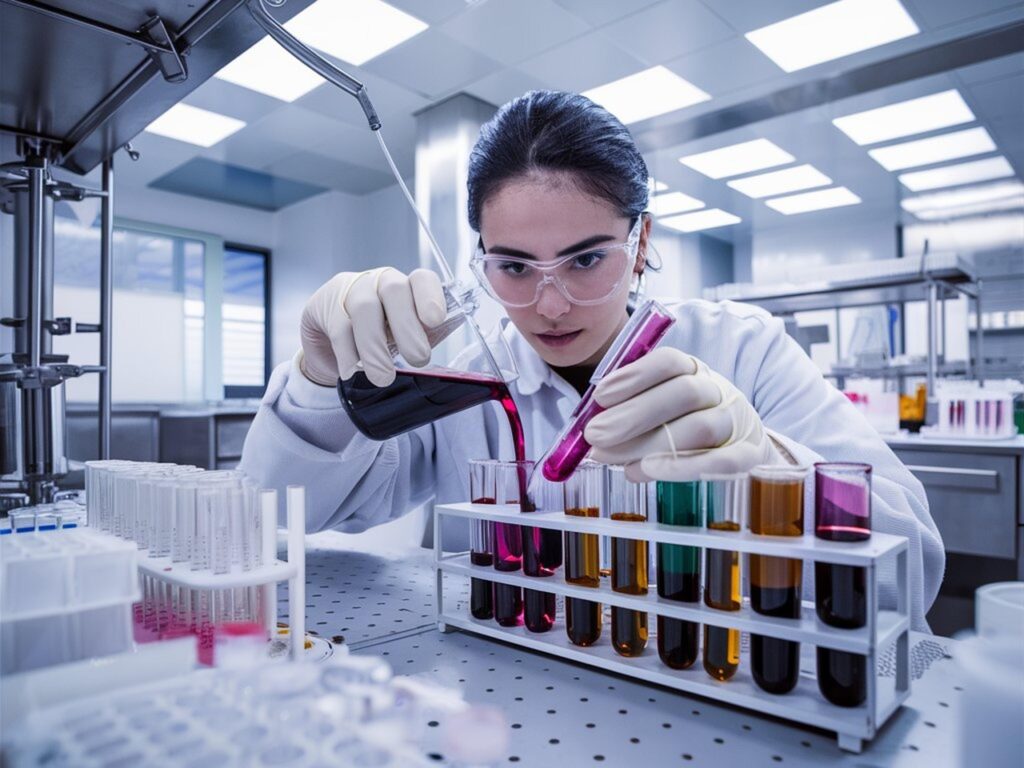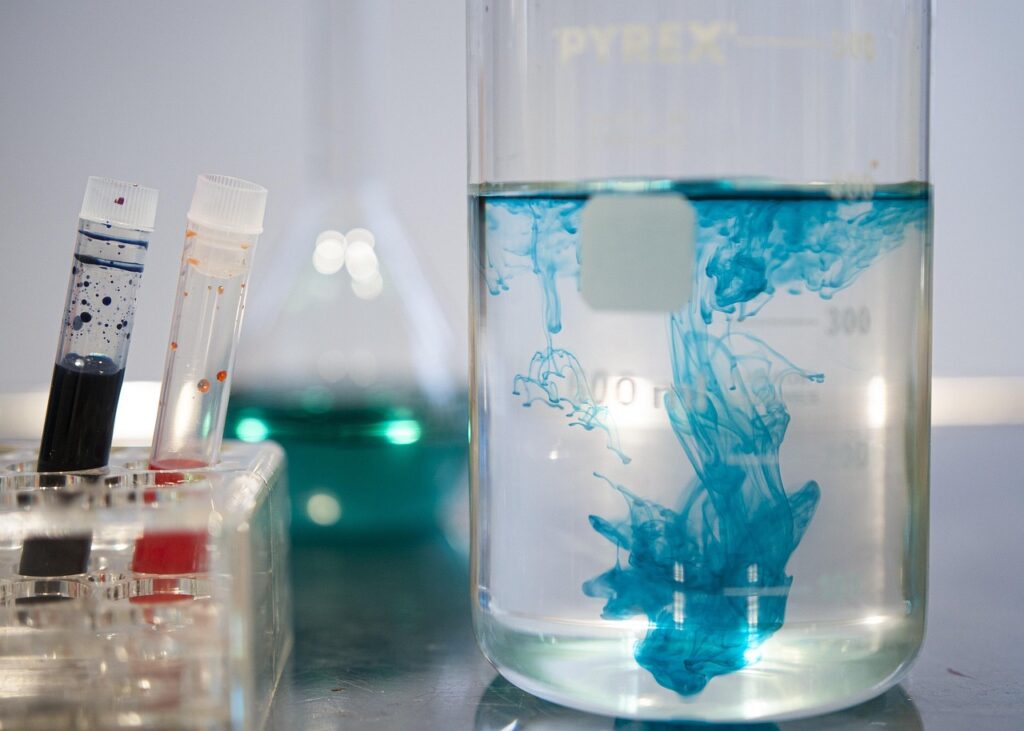In contemporary agriculture, pesticides are frequently employed to shield crops from illnesses and pests. Even though residues on food products are essential for increasing crop yields and guaranteeing food security, they can seriously endanger consumers’ health. Testing for pesticide residues in food is crucial to ensuring that these residues stay within safe bounds, safeguarding the public’s health, and preserving food quality. We shall discuss the importance of pesticide residue testing and its connection to food safety in this post.
Protecting Public Health
The public’s health is the main goal of pesticide residue testing. By their very nature, pesticides are poisonous compounds made to either kill or repel bugs. But pesticide residues can also be dangerous to people if they are on the food we eat. Even at low concentrations, prolonged exposure to pesticide residues can have detrimental effects on health, such as cancer, developmental abnormalities, and hormone imbalances.
The risks are even greater for vulnerable populations such as children, pregnant women, and the elderly. Pesticide residues can disrupt normal bodily functions, particularly the endocrine and nervous systems. By conducting regular pesticide residue testing for food safety, authorities can ensure that the levels of harmful chemicals in food are well below the established safety limits, reducing the risk of adverse health effects.
Ensuring Compliance with Regulations
Pesticide residues in food items are subject to stringent standards set by governments and international organizations. The Maximum Residue Limits (MRLs) established by these laws specify the maximum amounts of a given pesticide that can be present in or on food. MRLs are derived from scientific evaluations of what is deemed safe for ingestion by humans.
Testing for pesticide residue is essential to guarantee that food products adhere to these rules. MRLs must be followed by food companies to prevent fines, product recalls, and reputational harm. Furthermore, food products that don’t match the MRLs can be rejected by regulatory bodies, which can result in losses of money and problems getting access to markets.
Complying with pesticide residue regulations is particularly important for food exporters, as different countries may have their own specific limits and standards. Failure to meet these requirements can result in significant trade disruptions and harm to the exporting country’s agricultural industry. By conducting thorough and regular pesticide residue testing, food producers can ensure that their products meet both domestic and international standards.
Safeguarding the Global Food Supply Chain
Food goods are frequently transferred across borders in today’s globally interconnected globe, resulting in a global food supply chain. Consequently, the significance of pesticide residue testing has escalated to guarantee global compliance with food safety regulations. Since MRLs differ by nation, food manufacturers need to be careful to make sure their goods satisfy the safety requirements of every market they service.
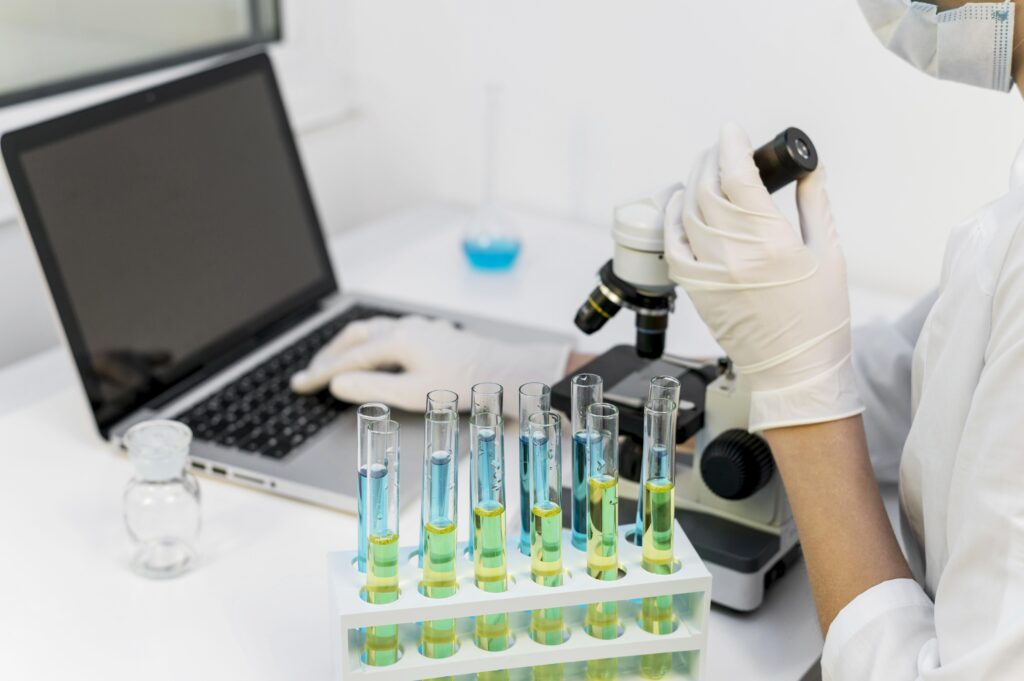
Pesticide residue testing for food safety contributes to preserving food safety in developing nations when laws may not be as strict as they are in industrialized ones. Food manufacturers may guarantee that their products are safe for consumers everywhere, regardless of where the food is grown or consumed, by following international testing criteria. This shields consumers worldwide from the dangers of pesticide exposure by halting the transfer of tainted food products across international borders.
Building Consumer Trust
Consumers today are more informed and concerned about the safety and quality of the food they consume. They expect transparency from food producers and want assurance that the food they buy is safe. Regular pesticide residue testing for food safety helps build consumer confidence by ensuring that food products meet safety standards.
Customers should trust food producers when they show that they are dedicated to testing and verifying that pesticide residue levels are within safe bounds. Since organic and natural food manufacturers frequently claim to use little to no pesticides during production, this trust is very crucial to them. Serious reputational harm could arise from any betrayal of this commitment, which is why thorough testing is essential to preserving brand integrity.
Furthermore, it’s critical to remain transparent about food safety procedures in a market where consumers have easy access to a wealth of information via social media and online reviews. Businesses can build trusting connections with their customers and show their commitment to food safety by regularly testing and disclosing the results.
The Role of Technology in Pesticide Residue Testing
Pesticide residue testing for food safety is now much more accurate and efficient because of technological advancements. Labs employ advanced techniques including mass spectrometry (MS), liquid chromatography (LC), and gas chromatography (GC) to find even minute levels of pesticide residues in food items. By precisely identifying pesticide types and concentrations, these techniques guarantee that food safety regulations are fulfilled.
In addition to laboratory testing, rapid testing kits have also been developed for on-site testing, providing immediate results. These innovations have made it easier for food producers and regulatory authorities to test food products at various stages of production and distribution, ensuring that any contamination is quickly identified and addressed.
Addressing Long-Term Health Risks
The long-term health hazards associated with eating food tainted with pesticides are one of the main drivers behind pesticide residue testing for food safety. Research has demonstrated that prolonged exposure to some pesticides, even at low levels, can build up in the body and cause chronic health difficulties such as immune system suppression, neurological disorders, and reproductive problems.
Regular testing helps prevent prolonged exposure by ensuring that pesticide residues in food are kept within safe limits. This is particularly important for vulnerable populations who may be more susceptible to the harmful effects of pesticides. By minimizing the risk of long-term exposure, pesticide residue testing plays a crucial role in safeguarding public health.
Conclusion
Pesticide residue testing is a fundamental component of ensuring food safety. It protects public health by preventing harmful chemicals from entering the food supply, ensures compliance with national and international regulations, and helps build trust with consumers. As the global food supply chain grows, regular testing will remain critical in ensuring that food products are safe, free from harmful pesticides, and fit for consumption. Through rigorous and accurate testing methods, we can mitigate the risks associated with pesticide residues and provide consumers with the assurance that their food is safe.

